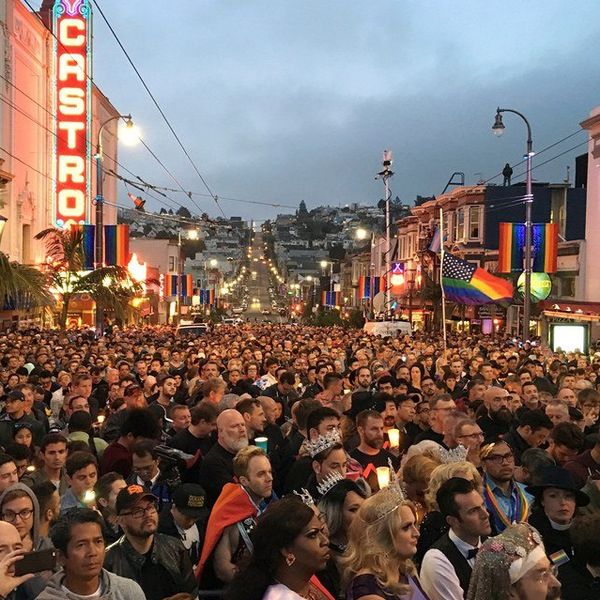These days, it feels like our world is hurtling toward something very ominous. It's easy to be overwhelmed by the sheer volume of soul-bruising headlines circulating through the news and social media.
Glaciers are melting. European countries are turning away refugees by the boatload. Children are learning nursery rhymes about what to do if a shooter enters their classroom. Innocent black men and trans women are being shot for existing. The American president and many of his supporters advocate ripping children from the arms of their parents and placing them in internment camps.
If we as human beings are not sliding backward in history, ditching the progressivism we're supposed to have gained by now, we're certainly heading into a very worrisome future.
In times like these, the weight of the world's ills can be crushing. When will it end, we're forced to ask ourselves constantly. Or, perhaps the more unsettling question: How will it end?
It's important that we pursue these questions, and that we allow them to guide us in resistance and compassion, equally important virtues for troubling times. We can't merely lament the state of the world without doing something to improve it.
But it's also important that we allow ourselves opportunities to disconnect from the endless parade of horrors.
It's okay to turn off the news. It's okay to log out of Twitter. It's okay to occasionally shut your eyes and pretend everything is okay.
That seems heartless if you're the kind of person who does feel deep empathy and helplessness when presented images of dying children or desperate adults. Cocooned as we are by the first world, isn't watching—acknowledging—the suffering of others the least we can do for them? If we can't even endure their pain secondhand, across the world, flattened by a TV screen, how can we expect them to do it for real?
But wearing yourself thin worrying about the plights of others will not help them—and it certainly will not help you. Burning out is not useful to anyone.
You should take modern horror in the largest dose you can manage, but you are allowed to decide what that dose is.
Stepping away is not selfish; it's necessary. If a day or two of peace from sad headlines is what you need to be able to fight the next sad headline, then do it.
You were never going to be able to support every cause every day anyway. None of us can. But if we all take on as much as we can manage and forgive ourselves when that does not save the world, we will make a difference.



















